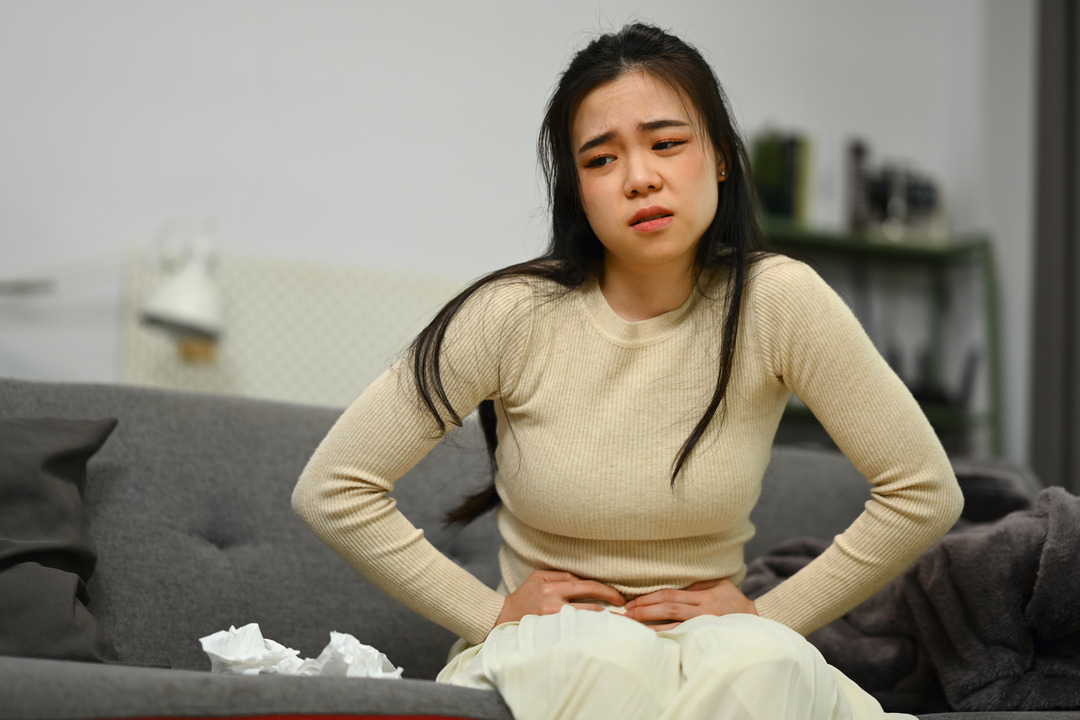Empowering women through PCOS awareness

CNA – When Nur (who preferred to use only her first name) began menstruating at the tender age of 10, the irregularity of her periods seemed normal, until it became apparent that her experience was far from typical.
While her peers menstruated monthly for about a week, Nur’s cycles were erratic, ranging from 15 to 25 days in duration, with intermittent months devoid of menstruation altogether.
The anomaly became increasingly concerning as Nur matured. At 21, she endured her longest period of amenorrhea: a disconcerting eight months.
“Eight months was so long…and I felt like my body was so tired,” the 27-year-old educator recounted to the source. Recognising the need for medical intervention, Nur consulted a gynaecologist, who swiftly diagnosed her with polycystic ovary syndrome, or PCOS, a condition previously unbeknownst to her.
“It was a lot to take in at 21,” Nur reflected. “I wish I had known more about the condition and how common it was so I wouldn’t be so afraid.”
PCOS: Understanding the Condition
According to the World Health Organisation (WHO), PCOS affects an estimated eight to 13 percent of women of reproductive age worldwide.
Characterised by hormonal imbalances, ovarian cysts, and insulin resistance, PCOS can significantly impact a woman’s menstrual cycle, fertility, and physical appearance.
Dr Anupriya Agarwal, an obstetrician and gynaecologist at Mount Elizabeth Hospital, explains that the term “polycystic” in PCOS refers to the multiple small cysts that form in the ovaries.
Dr Veronique Viardot-Foucault, director and senior consultant of clinical endocrinology at KK Women’s and Children’s Hospital, adds that while the exact cause of PCOS remains unclear, genetic predisposition and lifestyle factors such as sedentary habits and poor dietary choices are believed to contribute to its development.
Recognising the Signs and Risks
Symptoms of PCOS vary but commonly include irregular menstrual cycles, difficulty conceiving, excessive hair growth, acne, weight gain, and mood disturbances.
However, some women may present with few or no obvious symptoms, underscoring the importance of timely diagnosis through comprehensive medical evaluation, including physical examination, blood tests, and ultrasound imaging.
Dr Viardot-Foucault emphasises that PCOS poses long-term health risks, including an increased likelihood of developing diabetes, hypertension, uterine cancer, and mental health disorders like depression. Early diagnosis and intervention are crucial in mitigating these risks and promoting overall well-being.

Management and Treatment Approaches
While PCOS has no cure, effective management strategies can help alleviate symptoms and reduce associated health risks. Lifestyle modifications, including dietary changes and regular exercise, play a central role in symptom control.
High-fibre vegetables, lean proteins, and anti-inflammatory foods are recommended dietary staples, while regular physical activity, as per WHO guidelines, can help improve insulin sensitivity and regulate hormonal imbalances.
For women struggling with excess weight, losing five to ten percent of body weight has been shown to restore ovulation, regulate menstrual cycles, and enhance fertility.
Additionally, medical interventions such as oral contraceptive pills, insulin-sensitising medications, and ovulation-inducing drugs may be prescribed to address specific symptoms and optimise reproductive outcomes.
Living with PCOS: Navigating Challenges with Resilience
As Nur prepares for her upcoming marriage, she reflects on the impact of PCOS on her fertility journey and finds solace in her partner’s unwavering support.
Drawing strength from her family’s shared experiences with infertility and menstrual irregularities, Nur remains optimistic about her future, buoyed by the knowledge that she is not alone in her struggles.
“I hope people know that having a gynaecological condition isn’t the end,” Nur asserts. “With more information, women can make the best decisions to manage their health in the best way they can.”
Nur’s story serves as a poignant reminder of the resilience and perseverance of women living with PCOS, their journeys marked by challenges overcome and hopes renewed.
Through awareness, education, and unwavering support, individuals affected by PCOS can navigate their health journeys with courage and determination, empowered to advocate for their well-being and embrace the possibilities of tomorrow.



